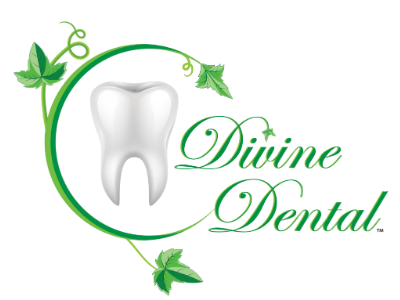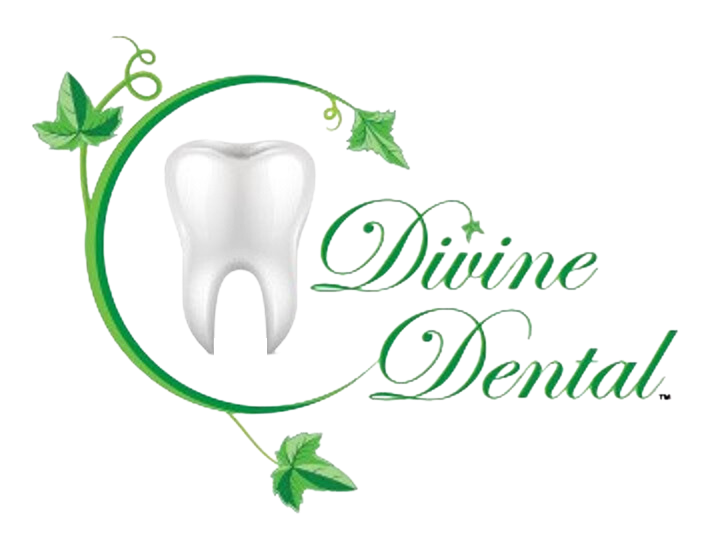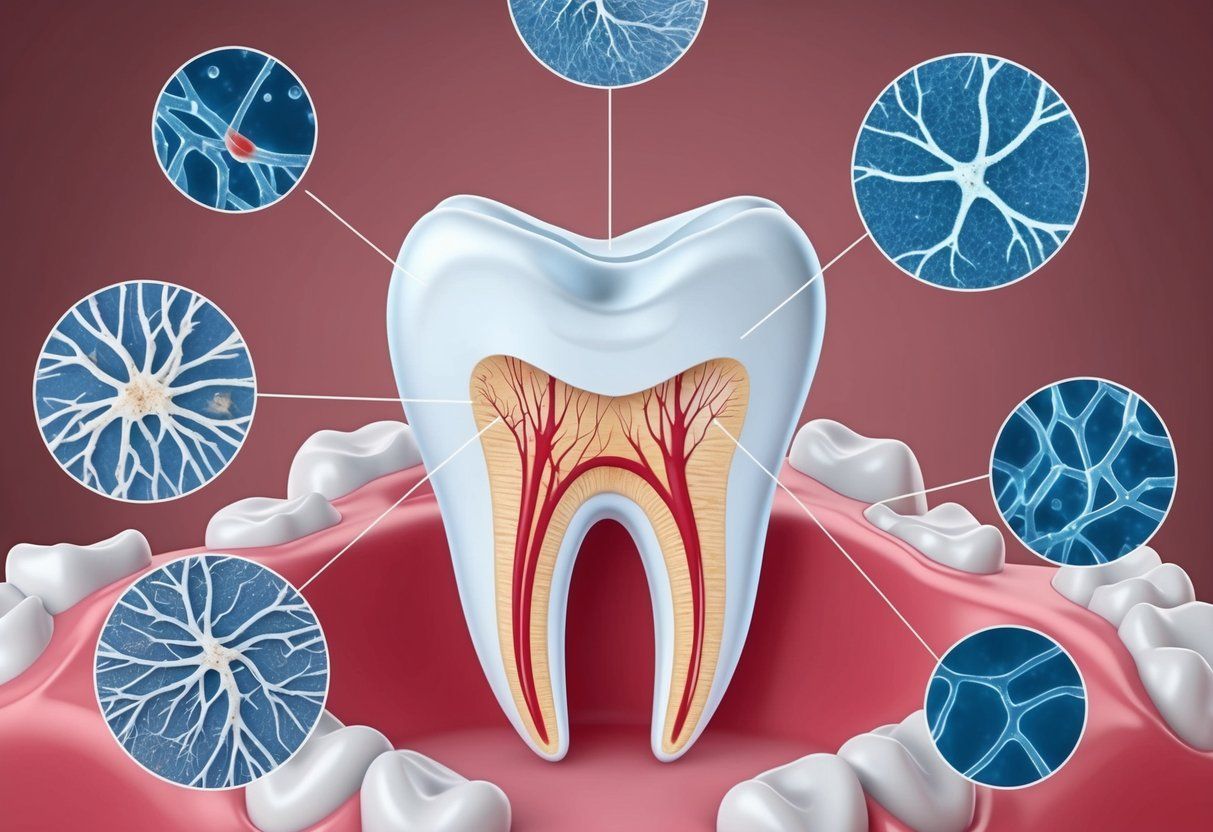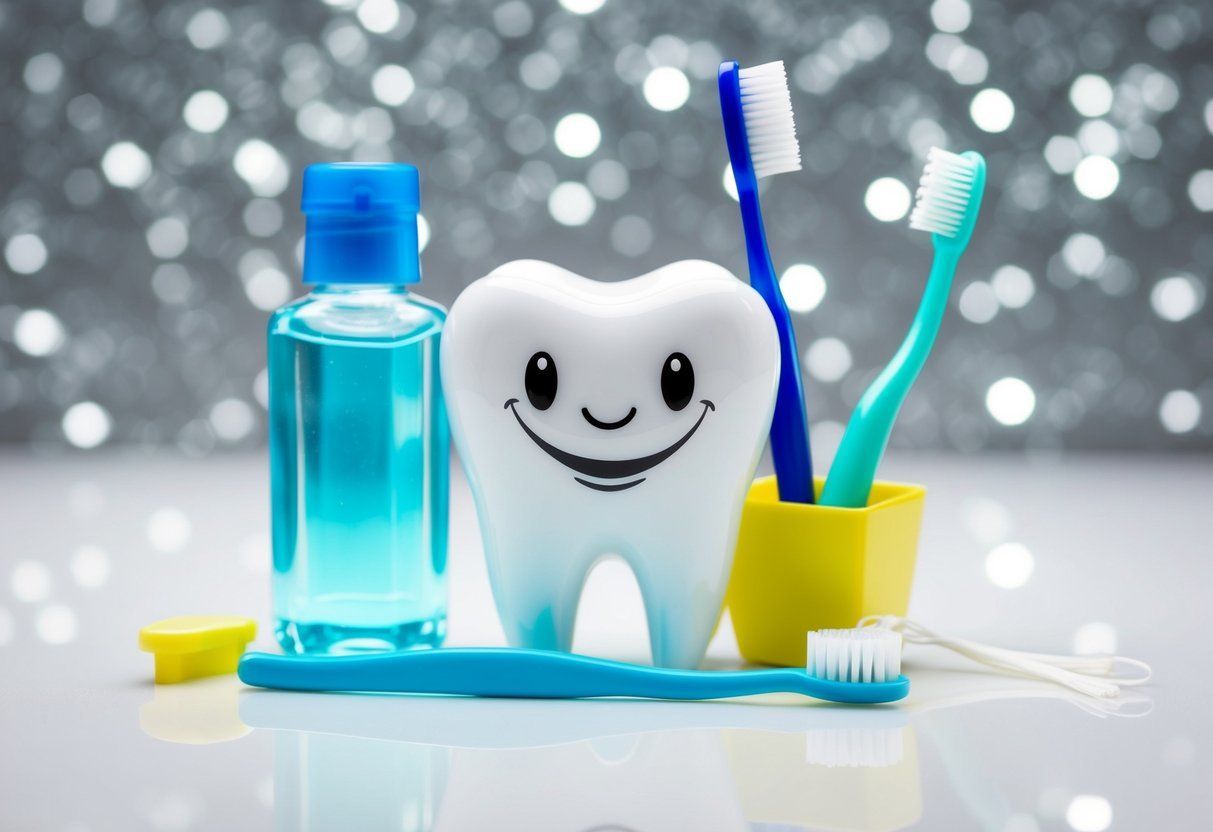Periodontal Disease: A Silent Epidemic In Oral Health
Did you know that periodontal disease, also known as gum disease, affects more than just your oral health? It is a silent epidemic that can have serious consequences for your overall well-being.
Periodontal disease is a common condition that affects the gums and the surrounding tissues of the teeth. It is caused by the buildup of plaque, which leads to inflammation and infection. If left untreated, it can result in tooth loss and even increase the risk of other health problems such as heart disease and diabetes.
While it may seem like a minor issue, periodontal disease should not be taken lightly. It is important to be aware of the signs and symptoms, as well as the risk factors associated with this condition. In this article, we will explore the silent epidemic of periodontal disease and discuss why it is crucial to prioritize oral health.
The Link Between Periodontal Disease and Other Systemic Diseases
Periodontal disease, commonly known as gum disease, is not just a localized oral health issue. Research has increasingly shown that there is a significant relationship between periodontal disease and other systemic diseases, particularly cardiovascular diseases and respiratory diseases.
Numerous studies have found that individuals with periodontal disease are at a higher risk of developing cardiovascular diseases. The inflammation and bacterial infection associated with periodontal disease can enter the bloodstream, promoting the formation of arterial plaques and increasing the risk of heart attacks and strokes.
Similarly, respiratory diseases such as pneumonia and chronic obstructive pulmonary disease (COPD) have been linked to periodontal disease. The bacteria from the mouth can be aspirated into the lungs, causing infections and exacerbating existing respiratory conditions.
Several common risk factors contribute to the development of both periodontal disease and these systemic diseases. Poor oral hygiene, smoking, diabetes, and genetic predisposition are among the key factors that increase the risk. These risk factors create an environment ripe for both periodontal disease and systemic diseases to flourish.
Recognizing the link between periodontal disease and systemic diseases is crucial, as it emphasizes the need for a comprehensive approach to oral and overall health care. Integrated collaboration between oral health professionals and medical practitioners should be developed to ensure patients receive holistic care.

Quality of Life Implications for Those with Periodontal Disease
Periodontal disease, a chronic and often silent oral health condition, has significant quality of life implications for individuals affected by it. Not only does it impact oral health but also overall well-being. One of the primary consequences of periodontal disease is tooth loss. As the disease progresses, the supporting structures of the teeth, including the gums and bones, deteriorate, leading to tooth loss. This can severely affect one's ability to eat and speak properly, leading to difficulties in enjoying a wide range of foods and effectively communicating.
The physical discomfort caused by periodontal disease can also have a profound impact on social interactions. Individuals may feel embarrassed or self-conscious about their oral health condition, leading to reduced confidence and avoidance of social situations. This can result in decreased participation in social activities and a decline in overall quality of life.
Moreover, the psychological effects of periodontal disease should not be overlooked. Pain, discomfort, and aesthetic concerns can lead to feelings of anxiety, depression, and low self-esteem. Daily activities that were once taken for granted, such as smiling or eating, can become sources of stress and emotional distress.
Strategies to Address the Issue of Periodontal Disease in Adult Populations
To address the issue of periodontal disease in adult populations, several strategies can be implemented.
- Public awareness campaigns: Initiating educational campaigns to raise awareness about the importance of oral health care and the prevention of periodontal disease. This can be done through various channels such as social media, pamphlets, and community events.
- Accessible oral health services: Ensuring that adults have access to affordable and accessible oral health services, including regular dental check-ups and periodontal screenings.
- Collaboration with healthcare professionals: Encouraging collaboration between oral health professionals and other healthcare providers to incorporate periodontal disease prevention and treatment into overall healthcare plans.
- Early detection and intervention: Emphasizing the importance of early detection and intervention through regular dental visits, which can help identify periodontal disease at its early stages and prevent further progression.
- Education for oral health professionals: Providing continued education and training for oral health professionals on the latest techniques and research in periodontal disease prevention and treatment.
- Integration of periodontal care into overall healthcare policies: Working with policy makers to integrate periodontal care into overall healthcare policies, recognizing the impact of periodontal disease on overall health and well-being.
By implementing these strategies, the burden of periodontal disease in adult populations can be reduced, improving the oral health and overall quality of life for individuals. Oral health professionals play a crucial role in prevention, early detection, and treatment, highlighting the importance of collaboration and education within the healthcare community.

Conclusion
In conclusion, periodontal disease is a silent epidemic in oral health. While it is often overlooked or ignored, its effects on overall health and well-being can be severe. Fortunately, with proper preventive care and early detection methods, this disease can be managed and treated before it causes significant damage. Regular visits to the dentist or The Scottsdale Dentist along with good oral hygiene habits are essential to maintaining healthy gums and teeth.
Our address
Work Hours
- Mon - Thu
- -
- Friday
- -
- Sat - Sun
- Closed
All Rights Reserved | Divine Dental |
Lead Generation by LeadLane
* Some restrictions may apply to a free second opinion




